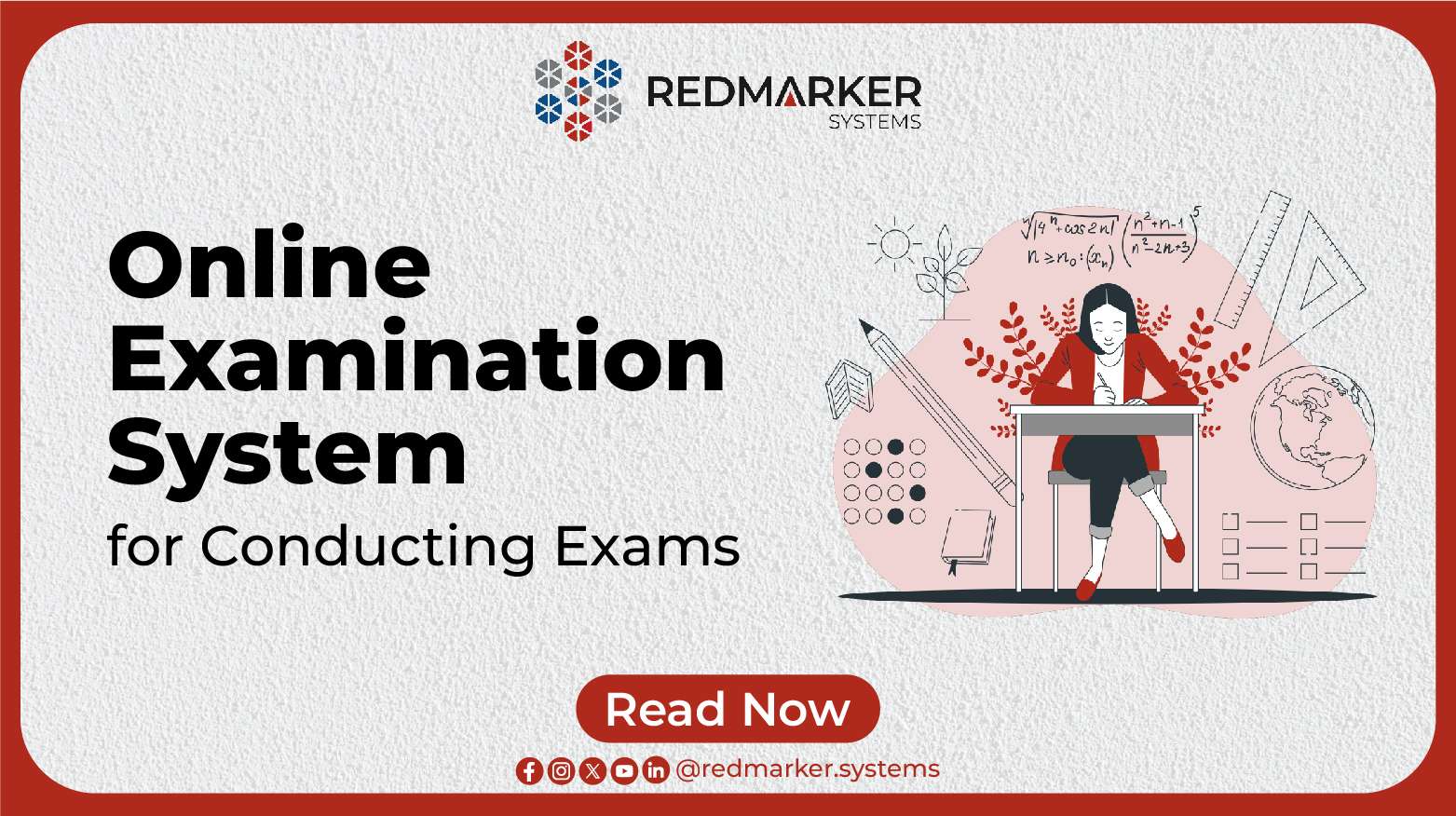Introduction
In the dynamically evolving landscape of education, Pakistan is experiencing a profound shift propelled by the integration of cutting-edge technology. The symbiosis of education and technology, commonly referred to as EdTech, is reshaping traditional learning paradigms across the globe. This comprehensive exploration delves into the multifaceted dimensions of the future of EdTech in Pakistan, scrutinizing its trajectory, potential impact, and the myriad technologies propelling this evolution.
Understanding the EdTech Revolution
EdTech’s Evolutionary Arc
The journey of EdTech has been marked by a transformative evolution from traditional classroom settings to dynamic, technology-driven platforms. As Pakistan embraces this paradigm shift, it’s crucial to acknowledge the diverse tools and methodologies that have emerged, catering to a broad spectrum of learning needs.
Key Technologies Shaping the Future
Artificial Intelligence (AI): AI’s infusion into EdTech has ushered in a new era of personalized learning experiences. Intelligent tutoring systems, adaptive assessments, and tailored content delivery systems powered by AI cater to individual student needs, fostering a more engaging and effective learning environment.
Virtual and Augmented Reality (VR/AR): The integration of VR and AR technologies has unlocked unparalleled possibilities in education. These immersive technologies bring subjects to life through simulated environments, enhancing experiential learning and enabling interactive content exploration.
Gamification and Adaptive Learning: The gamification of learning experiences and the implementation of adaptive learning systems have redefined engagement. Gamified platforms make learning enjoyable, while adaptive systems customize content based on individual progress, ensuring optimal learning outcomes.
Data Analytics and Learning Management Systems (LMS): The marriage of data analytics and robust LMS platforms provides educators with valuable insights into student progress, enabling informed decision-making. Customized learning paths and real-time feedback enhance the overall educational experience.
Mobile Learning and Remote Collaboration: The ubiquity of mobile devices has facilitated the proliferation of mobile learning, breaking down geographical barriers. Remote collaboration tools enable seamless communication and knowledge sharing, transforming traditional classroom structures.
Robotics, IoT, and Wearable Technology: The integration of robotics, the Internet of Things (IoT), and wearable technology offers hands-on learning experiences. This not only fosters STEM education but also cultivates a practical understanding of technology, preparing students for the demands of the future workforce.
Cybersecurity, Blockchain, and Quantum Computing: As the digital landscape expands, ensuring cybersecurity and safeguarding sensitive student data become paramount. Blockchain’s potential in verifying credentials and the advent of quantum computing in education infrastructure signify groundbreaking advancements that demand attention.
The Impact on Education in Pakistan
Accessibility and Inclusivity
EdTech has become a powerful tool in democratizing access to quality education in Pakistan. Online platforms and mobile learning initiatives have played a pivotal role in reaching remote areas and underserved communities, bridging the educational gap that once existed.
Personalized Learning and Skill Enhancement
The advent of personalized learning, driven by AI, has revolutionized education by tailoring content and pacing to individual needs. Moreover, EdTech has facilitated the rise of skill development programs and vocational courses, aligning education with the demands of the job market and creating avenues for employment.
Revolutionizing Teaching Methodologies
Educators in Pakistan are increasingly adopting innovative teaching methodologies facilitated by EdTech tools. These tools empower educators to conduct interactive lessons, provide real-time feedback, and encourage collaborative learning, transforming traditional teaching practices.
Challenges and Opportunities Ahead
Bridging the Digital Divide
While EdTech has expanded educational access, challenges persist, particularly in rural areas. Bridging the digital divide requires concerted efforts in terms of infrastructure development and digital literacy programs. Public-private collaborations and government initiatives can play a pivotal role in ensuring inclusivity.
Ensuring Data Security and Privacy
The integration of technology in education necessitates a robust framework for safeguarding sensitive student data. Establishing comprehensive cybersecurity measures and adhering to data privacy regulations are imperative steps to build trust and ensure compliance within the EdTech ecosystem.
Embracing Innovation and Continuous Adaptation
The rapid evolution of technology demands a culture of continuous learning and adaptation among educators and institutions. Embracing emerging technologies, fostering a mindset of innovation, and prioritizing professional development is vital to staying ahead in the ever-evolving EdTech landscape.
The Road Ahead: Forging a Digital Renaissance
The future of EdTech in Pakistan holds immense promise, poised to catalyze a transformative shift in education. Embracing innovation, fostering inclusivity, and prioritizing digital infrastructure development is pivotal in steering this journey towards an enlightened and empowered generation.
As EdTech continues to evolve, educators, policymakers, and industry stakeholders must collaboratively navigate the challenges and seize the opportunities it presents. The synergy between education and technology is ushering in a future where learning transcends boundaries, empowers individuals, and shapes a brighter tomorrow.



